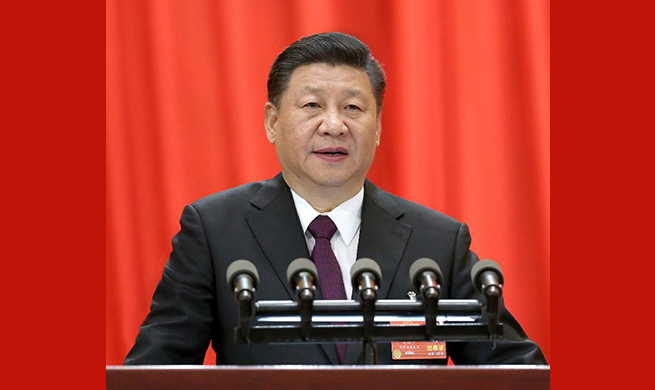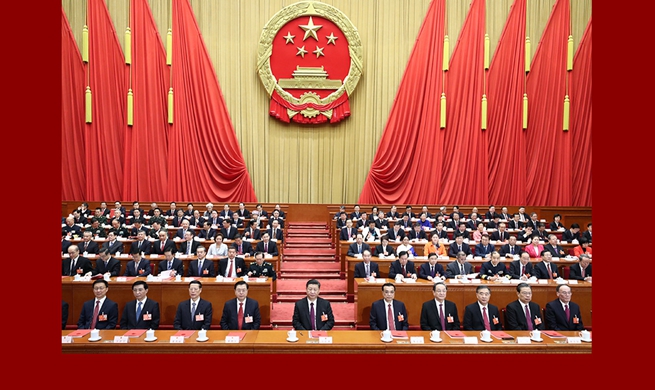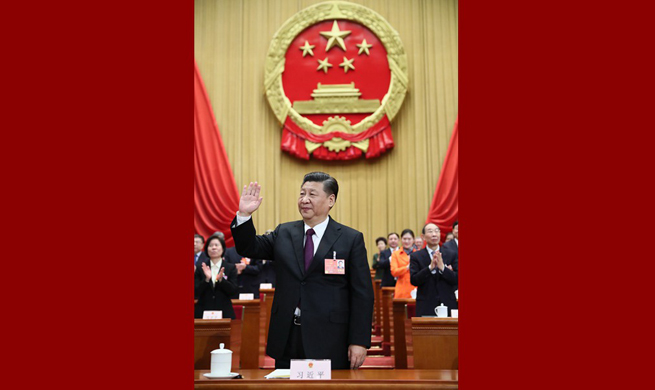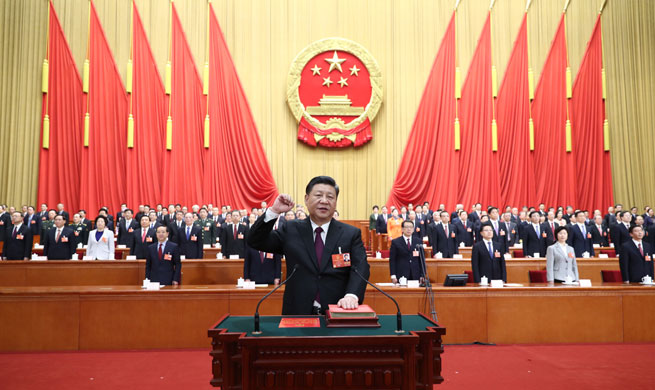WASHINGTON, March 21 (Xinhua) -- The rise of anti-globalization sentiment and trade protectionism has threatened to slow the global progress toward poverty reduction and improved food security, according to a new report released on Tuesday.
While the backlash against globalization has been mostly portrayed as a phenomenon affecting the developed world, it could "harm the livelihoods of millions of poor people in the developing world as well," the International Food Policy Research Institute (IFPRI) said in its 2018 Global Food Policy Report.
Farm support policies from developed countries, particularly high tariffs and farm subsidies, would also depress global agricultural commodity prices and reduce incentives for production in developing countries with adverse consequences for food security and rural development, the report noted.
"These desires to roll back our open global systems threaten to slow progress toward achieving the Sustainable Development Goals to end poverty and hunger by 2030," IFPRI Director-General Shenggen Fan told reporters in a conference call before the release of the report.
"Global cooperation to enact policies that leverage the benefits of globalization while minimizing its risks will be key to achieving food security and nutrition sustainably," he said.
The report comes as Washington is considering a broad tariff plan against Chinese imports, raising wide concerns about escalating trade tensions between the world's two largest economies.
Joseph Glauber, a senior researcher with the IFPRI and former chief economist at the U.S. Department of Agriculture, said these trade disputes should be resolved through the World Trade Organization (WTO) rather than unilateral measures.
"This has been one of the great benefits of creation of the WTO back in 1995. It is a dispute settlement body and a system of rules that can deal with precisely this sort of charges that countries raise," Glauber told Xinhua, warning that trade wars would be detrimental to many countries.
"This is a lose-lose scenario so we don't want it to happen," Fan echoed, adding that China, India, Brazil and other large emerging market economies must play a bigger role in continuing to push the agenda at the WTO and reinforce the values of the Geneva-based trade body.

















